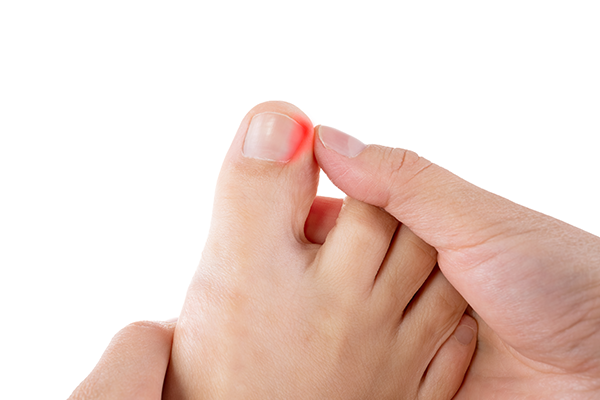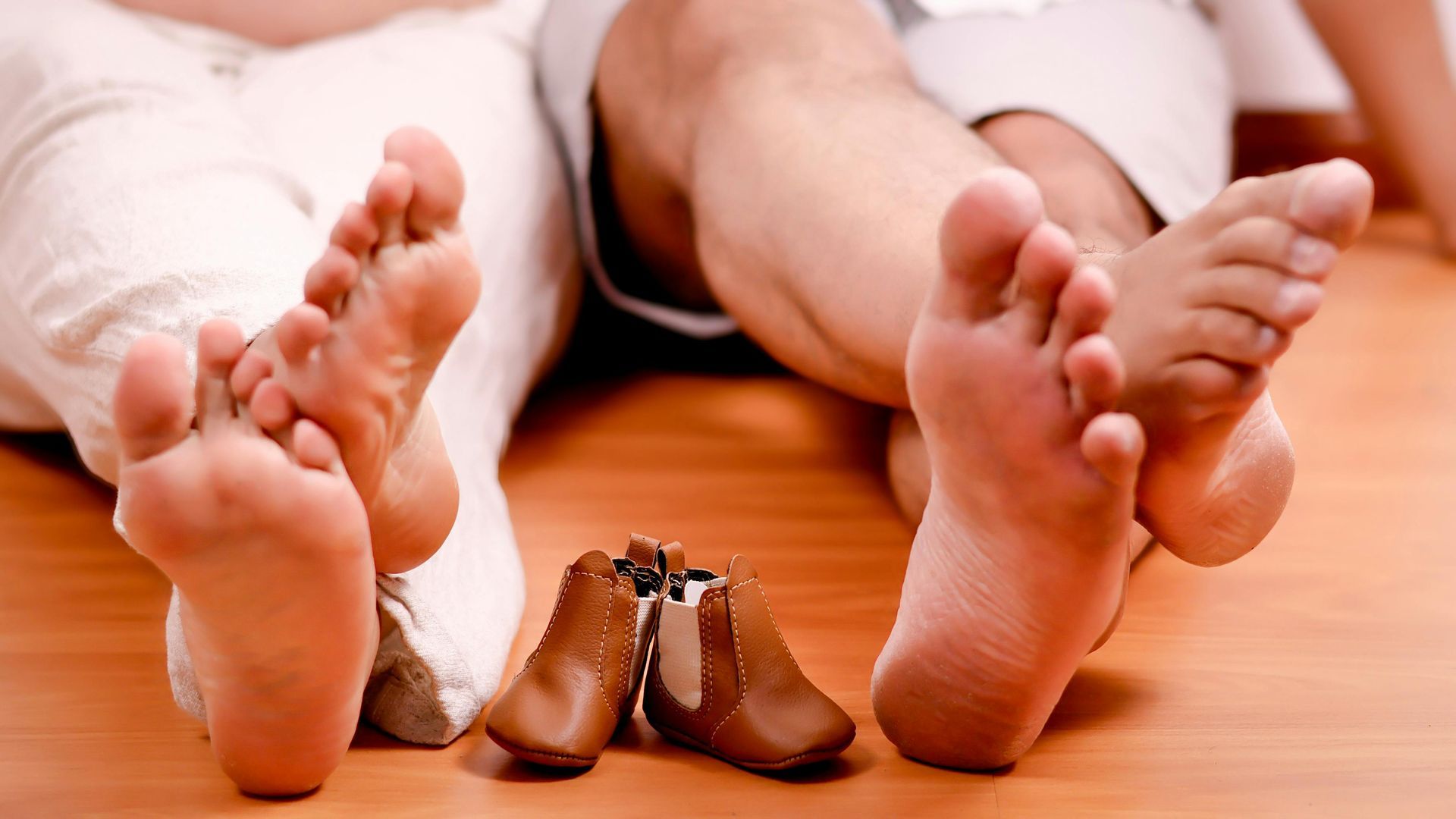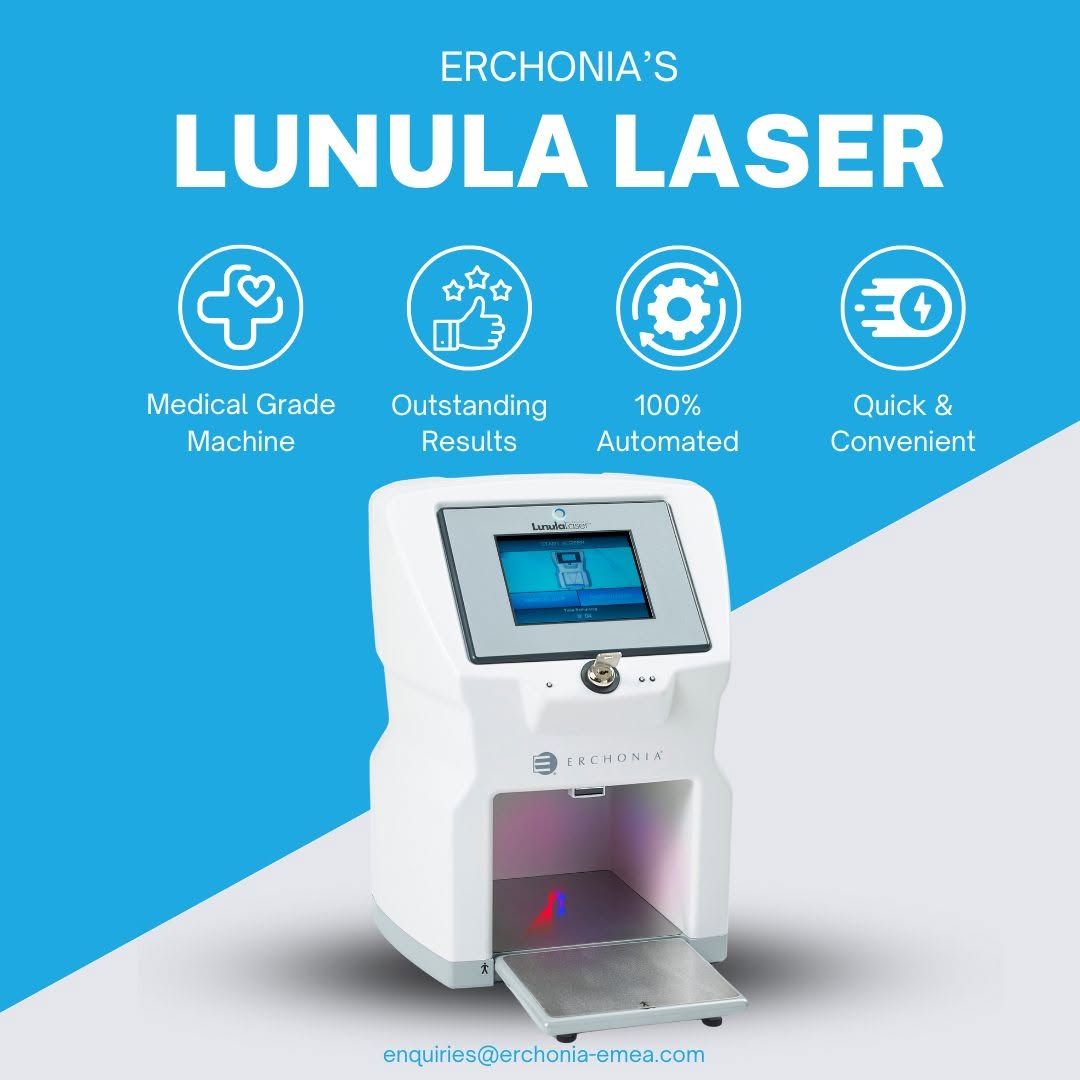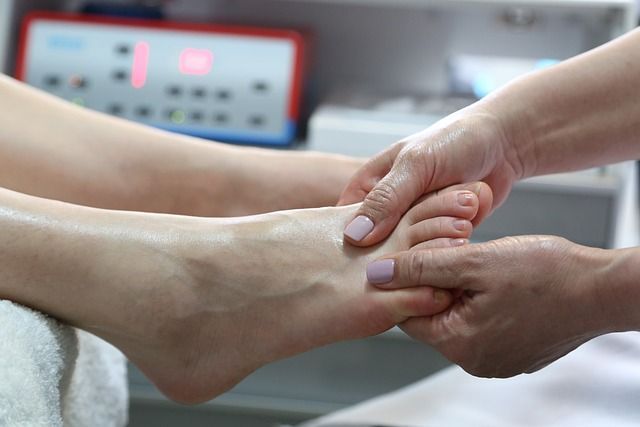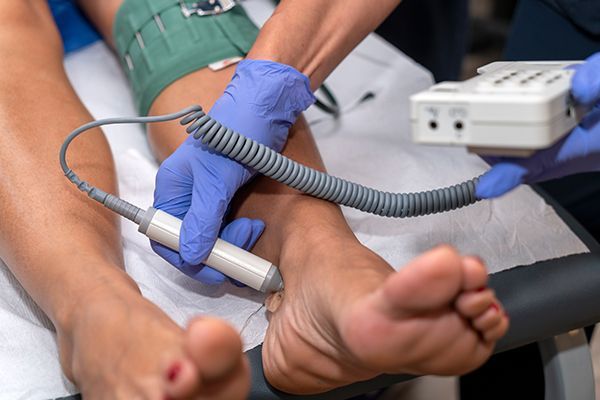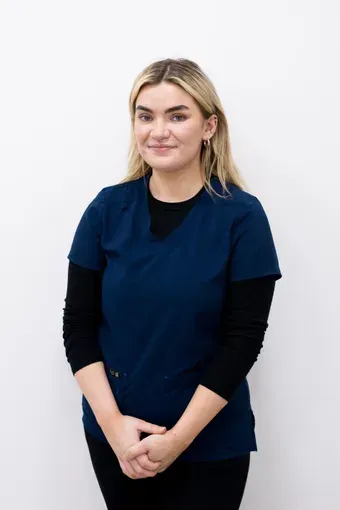Good Footwear
Footwear
Properties of a good shoe:
1. Comfort: A good shoe should provide comfort and support for your feet. It should have cushioning and padding to absorb impact and reduce pressure on your feet.
2. Fit: A proper fit is crucial for a good shoe. It should have enough room for your toes to move comfortably, without being too tight or too loose. The shoe should also provide adequate arch support and heel stability.
3. Durability: A good shoe should be made from high-quality materials that can withstand regular wear and tear. Look for shoes with sturdy construction and durable soles that can last for a long time.
4. Breathability: Shoes that allow proper airflow and ventilation help keep your feet cool and dry. Look for shoes made from breathable materials like mesh or leather.
5. Traction: A good shoe should have a sole with good traction to provide stability and prevent slips and falls. Look for shoes with a patterned or textured sole for better grip.
Remember, everyone's feet are unique, so it's important to find a shoe that suits your specific needs and preferences.
How to test for a good shoe:
1. Ankle Support: check the heel counter, is the back of the shoe supporting the ankle, or does it flop down if pressed?
2. Toe Box Flexibility: does the toe box have adequate flexibility - it should bend 45° - 60°.
3. Rigidity: is the sole too flexible? The sole of the shoe should not bend (excluding the toe box).
4. Fit: Try on the shoe and walk around to see how it feels. Make sure there is enough room for your toes and that the shoe provides proper arch support and heel stability.
Examples of a good shoe:
Rieker
Brooks
Hoka




